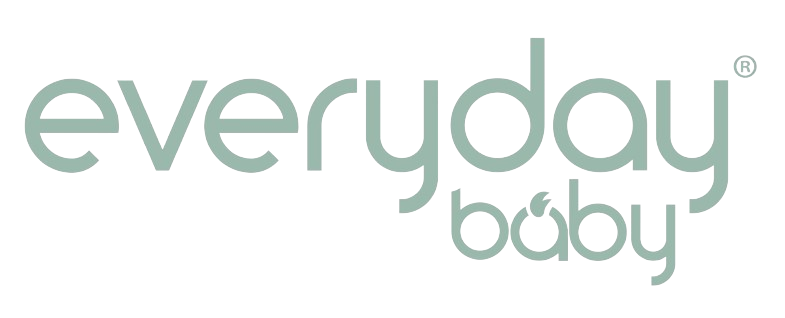
Undoubtedly, parents play an important role in keeping their baby safe and always protected. So, as responsible, and ideal parents, you must choose the safest products for your baby. Right from baby bottles to toys, everything should be safe and of the best quality.
But, unfortunately, in the rush to getting things done, parents end up buying plastic baby bottles for their babies. The advantage of plastics is that they are cheap and almost unbreakable. However, have you ever thought about whether they are safe for your baby or not?
Consider searching for articles related to the safety of plastic baby bottles, and you will get a lot of data related to it.
It took U.S. Food and Drug Administration the year 2012 to ban harmful chemical bisphenol-A or BPA from the plastic bottles of baby and sipper cups. But, apart from the BPA, there are several ingredients used which can be a reason for concern for parents.
According to the paediatrician, W.Kyle Mudd, Do: "Even a BPA -free plastic bottle consists of some risks."
However, you can take some steps to limit the risk as much as possible. But let’s first understand why plastic is such trouble for us.
THE DANGER OF PLASTIC BOTTLES
The science which is related to plastic and health is quite sophisticated and fuzzy. It is because not all the ingredients in plastic have been tested on masses. The things we know originated from animal studies.
Dr. Mudd explains, "We do not know exactly how all of these compounds affect human beings' health." However, some ideas demonstrate that the compounds associated with plastic have a connection with several health problems.
WHY BPA IS HAZARDOUS
BPA is categorized as bisphenol, which is used for hardening the plastic. This compound can affect the reproductive hormones of the body. Studies suggest it has some impact on fertility and puberty timing too. Along with it, there is some evidence which states that it also enhances body fat. Further, it also has an impact on the nervous and immune systems.
OTHER CHEMICALS IMPACT ON HEALTH
Chemicals in plastic lead to several health problems. It may even be associated with numerous risks, for example, several sippy cups are made from polypropylene shreds.
If your baby drinks the milk or any liquid from that kind of bottle, they do not only drink milk but also ingest "microparticles."
At present, almost all kinds of plastic bottles are made from food-grade plastic. These bottles are made from plastic which is named polypropylene that releases millions of tiny plastics every time you feed your baby. Further, it is named microplastics.
If you want to boil the water for your baby and fear the adverse effects of plastic, you can consider metal or glass kettle. However, keep one thing in your mind: most plastic bottles will release even more microplastics when the water is boiled.
To be on the safer side, parents can opt for glass baby bottles. These sorts of bottles are free from chemicals and made from the toughened glass. Everyday Baby is a brand for the conscious family where all the Glass Baby Bottles are coated with silicone. The bottles do not release any harmful substances as plastic does and are therefore safe for the baby’s health.
HASSLES ASSOCIATED WITH CLEANING AND USING PLASTIC BOTTLES
Don’t recommend keeping breast milk in plastic bottles for a long time because of the number of microplastics leaching out from the bottle.
Avoid using hot water or any cleaner on the polycarbonate bottles. It is because the use of cleaners and hot water on plastic bottles can lead to the breakdown of plastic quickly.
Avoid heating the plastic bottles in microwave ovens because it can lead to the plastic melting in the baby’s milk which can be harmful to the baby.
Even after cleaning the bottle, the smell of old milk remains in plastic bottles. The residues of the old milk stick into the fibres of the plastic and cannot be removed easily. This can be nauseating for the baby.
CONCLUSION
Considering the hazards of plastic bottles and the hassle of cleaning them and not being able to clean them properly, it is recommended to use Everyday Baby Glass Bottles coated with silicone, which makes it easy to clean, ensuring that no old residue or smell remains on the bottle.
